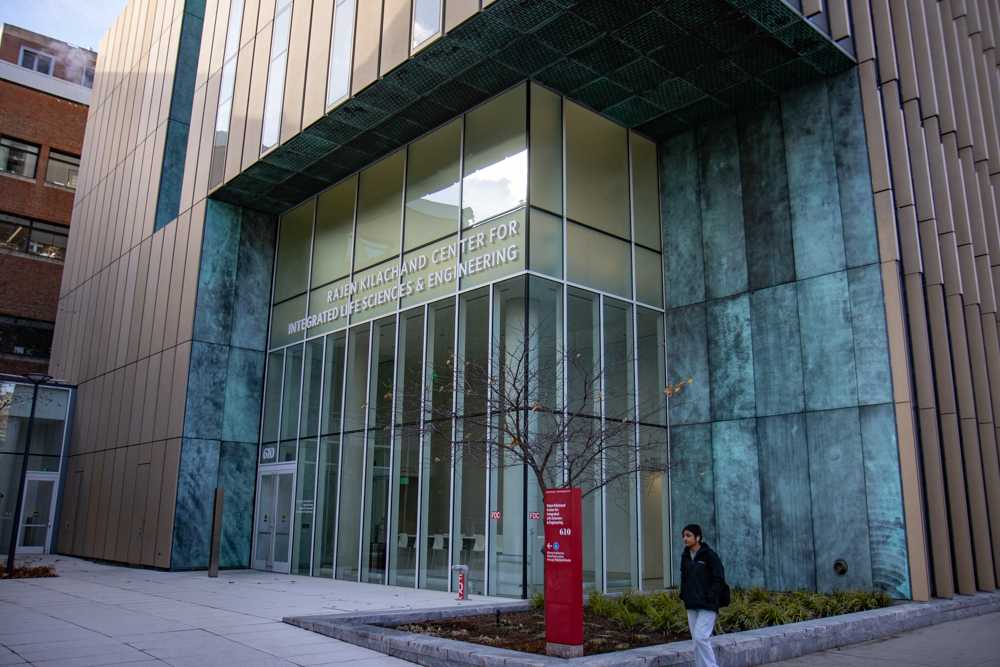If you’ve ever wished that you were impervious to death, your dream may soon come true. According to a recent study published in the November issue of Cell, researchers may have found one of the causes of aging.
A protein known as SIRT1, which repairs DNA damage and regulates gene expression, may be too busy double-tasking to stop the aging process.’ The study, which was conducted on mice, showed that when the protein focused on repairing DNA damage, it neglected its gene regulation duties, which lead the DNA to become mutated, a fast way to quicken up the aging process.
Boston University bioengineering
professor Simon Kasif comments on the results:
Science & Tech: Do you think the results of this study were legitimate?
Professor Kasif:’ Of course, I believe it’s legitimate. The big question is: to what degree is what they’re saying relevant to longevity in humans? In order to really know what people do, we’d need a very systematic clinical trial. But how do you do longevity study on humans – it would have to take place for 100 years?
Science & Tech: What have some other recent findings been in regards to the aging process?
Professor Kasif: Researchers are working on’ gene manipulation in worms. You’re actually knocking out or inhibiting a particular gene from its normal behavior so that it prevents the organism from sensing insulin. It extends the worm life’ three-fold, which would be about 300 years for humans. Similar experiments were done with mice.
Science & Tech:’ Can’t manipulating genes in order to slow down aging lead to side effects?
Professor Kasif: If you look at the papers that describe the mice, the mice were a little bit slow going. They weren’t quite lethargic, but’ they were not as happy as the normal mice. This is a complete gene knock out though, so people feel if they do the procedure more carefully, it can be modified.
Science & Tech: Most people want to live longer, but from a biological standpoint is extending life a positive?
Professor Kasif:’ People live longer today than they lived in previous generations, and we are not entirely equipped to deal with the problems that have emerged. It would be horrible to extend life without the ability to treat the diseases that come with life extension. But there are also multiple effects of extending life that’ also hopefully prevent diseases. If you reinforce DNA damage repair mechanisms, then less DNA gets mutated, and one underlying theory of cancer is based on the claim that certain mutations cause cancer. So if you manage to reduce mutations, you’re not only extending life you’re actually reducing the risk for cancer.
























































































































